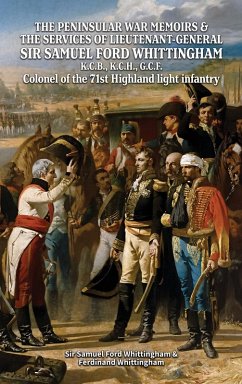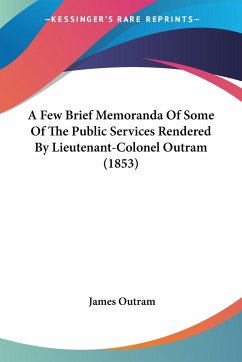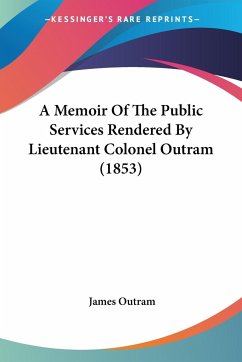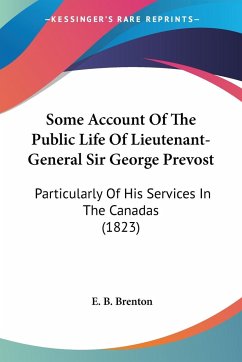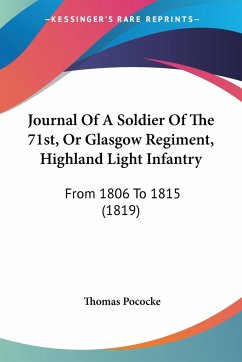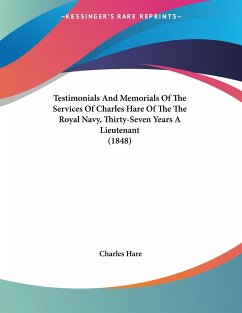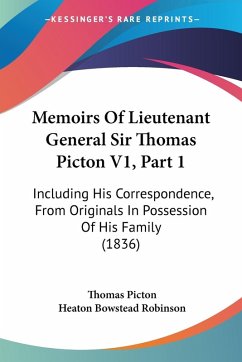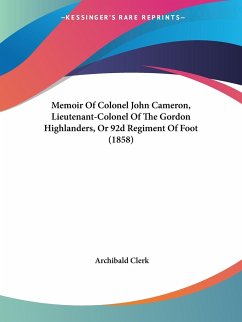Whittingham took part under La Peña on 18 July 1808 in the victorious battle of Baylen, and for his services was made a colonel of cavalry in the Spanish army on 20 July. In February 1809 he joined the army corps of the Duke of Alburquerque in La Mancha, where he took part in several cavalry affairs with such distinction that he was promoted to be brigadier-general in the Spanish army. He was present at the battle of Medellin on 28 March, when the Spanish general Cuesta was defeated by the French general Victor-Perrin. On this occasion Whittingham re-formed the routed cavalry and led them against the enemy. A short time previous to Wellesley's advance into Spain Whittingham joined the British headquarters on the frontier of Portugal. On 28 July at the battle of Talavera he was severely wounded when gallantly bringing up two Spanish battalions to the attack and was mentioned in Sir Arthur Wellesley's despatch of 29 July 1809. He was given the command of the Spanish cavalry, which he remodelled upon British lines. Whittingham served in command of a force of Spanish cavalry and infantry under La Peña at the battle of Barrosa, on 5 March 1811, and kept in check a French corps of cavalry and infantry which attempted to turn the Barossa heights by the seaward side. He was engaged on the 7th of the month in the affair of Xegona, and on the 15th in the affair of Concentayña was wounded by a musket-ball in the right cheek, and was on both occasions most favourably mentioned by Sir John Murray in despatches. On 13 April he took part in the victorious battle of Castalla and was again mentioned in despatches. When Murray invested Tarragona on 3 June Whittingham's division occupied the left. On Suchet's advance to relieve the place Whittingham vainly suggested to Murray that a corps of observation should be left before Tarragona, and that Murray should move to meet Suchet with all his force. The siege was raised. Murray was relieved in command of the army by Lord William Bentinck, and Whittingham covered the retreat, checking and repulsing the French column in pursuit, and joining the main army again at Cambrils. In March 1814 Whittingham escorted King Ferdinand VII in his progress to Madrid, who on 16 June 1814 promoted him to be lieutenant-general in the Spanish army. On 4 June Wellington wrote from Madrid to the Duke of York, in anticipation of Whittingham's return home: "He has served most zealously and gallantly from the commencement of the war in the peninsula, and I have had every reason to be satisfied with his conduct in every situation in which he has been placed." Whittingham reached Calcutta on 2 November 1822. He was busy in 1824 with the preparations for the expedition to Ava, and in November of that year with the Barrackpur Mutiny. He took part in the siege of Bhartpur, was slightly wounded on 13 January 1826, but was present at the capture on the 18th
Bitte wählen Sie Ihr Anliegen aus.
Rechnungen
Retourenschein anfordern
Bestellstatus
Storno

